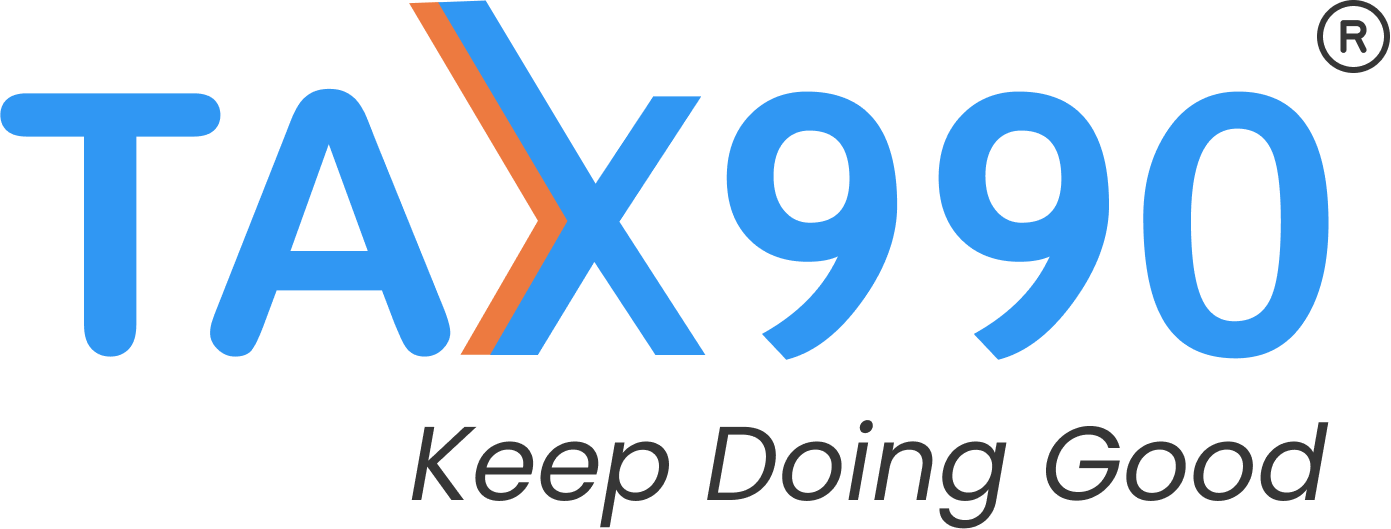Estimated reading time: 13 minute(s)
The IRS has recently announced that its system will be shut down temporarily, affecting certain organizations that have a deadline over the next few months.
This IRS shutdown has prompted a sudden need for organizations and tax professionals to revert to paper filing for essential forms like 990-T, 1120-POL, and 8868. This unexpected shift in tax filing methods brings challenges, requiring individuals to revert to a traditional filing method that the IRS hasn’t permitted for years.
This blog post explores the information that the IRS has provided about the shutdown, what types of organizations will be affected, and what the solutions are for them in the interim.
IRS Shutdown: Purpose and Timeline
The IRS has provided pretty limited information about why the shutdown is needed, other than for maintenance purposes and system updates. They have, however, provided a time frame for which the system will be unavailable and the forms that will be affected. Certain organizations that have a deadline on January 16th, February 15th, or March 18th of 2024 will not be able to e-file their Forms 1120-POL, 990-T, or 8868 extensions.
You can check out the IRS’ complete notice on the shutdown here.
An Overview of Impacted Forms
There are only three forms that will be affected by the shutdown, the IRS will not permit the e-filing of the following forms between January and March:
- Form 1120-POL – The U.S. Income Tax Return for Certain Political Organizations, serves as the means for political organizations to report their income, deductions, gains, losses, and other essential financial details to the Internal Revenue Service (IRS). This form helps ensure transparency and compliance with tax regulations for political entities, allowing the IRS to assess and verify the financial activities of these organizations.
- Form 990-T – The Exempt Organization Business Income Tax Return, is utilized by tax-exempt organizations to report and pay taxes on certain types of unrelated business income. Unrelated business income is revenue generated from activities not directly related to the organization’s tax-exempt purpose. Form 990-T facilitates the disclosure of such income, allowing the Internal Revenue Service (IRS) to assess and apply taxes appropriately while maintaining transparency in the financial operations of tax-exempt entities.
- Form 8868 – The Application for Extension of Time To File an Exempt Organization Return, serves the purpose of providing tax-exempt organizations with an extension for filing their annual information returns. Organizations that require additional time to gather necessary financial information can use Form 8868 to request an extension, allowing them to postpone the filing deadline. This form ensures that tax-exempt entities have the flexibility to complete accurate and comprehensive returns without facing penalties for late submission.
Next Steps for Affected Organizations
While the IRS shutdown prevents the e-filing of these forms, organizations whose deadlines are affected are required to e-file these forms with the IRS. Here’s a closer look at how organizations should handle the filings of each affected form.
Form 8868: Organizations seeking an extension of time for any deadline during this time period will be required to file a paper copy of the extension with the IRS.
Form 990-T: The IRS projects that this form is the most commonly filed among the three during this particular time period. The IRS encourages these organizations to submit an extension using Form 8868 for their 990-T deadline. This allows them to file this form within six months when the IRS reopens and resumes accepting all forms again.
For organizations that already filed an extension earlier and have their extended 990-T deadline within this period, the IRS recommends waiting until March 18, 2024, and stating stating the unavailability of the e-file system s reasonable cause for late filing.
Any required tax payments should be made regardless of the shutdown to ensure that no penalties or interest apply.
Form 1120-POL: Similarly to the 990-T, the IRS encourages organizations to paper file a 7004 extension for 6 months and e-file their 1120-POL when the IRS reopens. IRS taxes due should be paid regardless of when the form is filed. The IRS reiterates that any forms e-filed after the deadline when the IRS reopens must indicate their original deadline to avoid late-filing penalties.
Payment Election for Clean Energy Credits – Not Affected
Government entities or Indian tribal governments making elective payment elections (EPE) using Form 990-T will not be affected. The EPE option is applicable only for tax years beginning in 2023, meaning that these deadlines will occur after March 17, 2024.
Tax990 is here to help nonprofit organizations stay up to date with IRS updates and any changes to IRS reporting requirements that may affect them! For more information about all things tax-exempt, check out our Knowledge Base and YouTube channel, and visit our blog.



